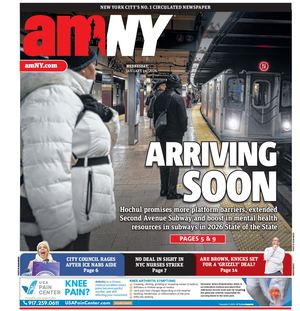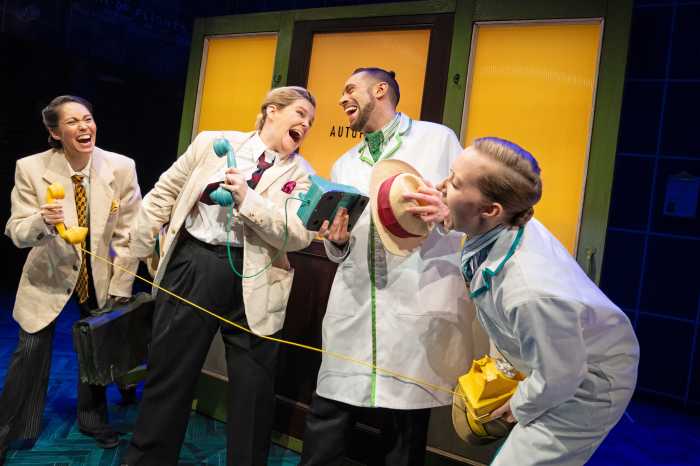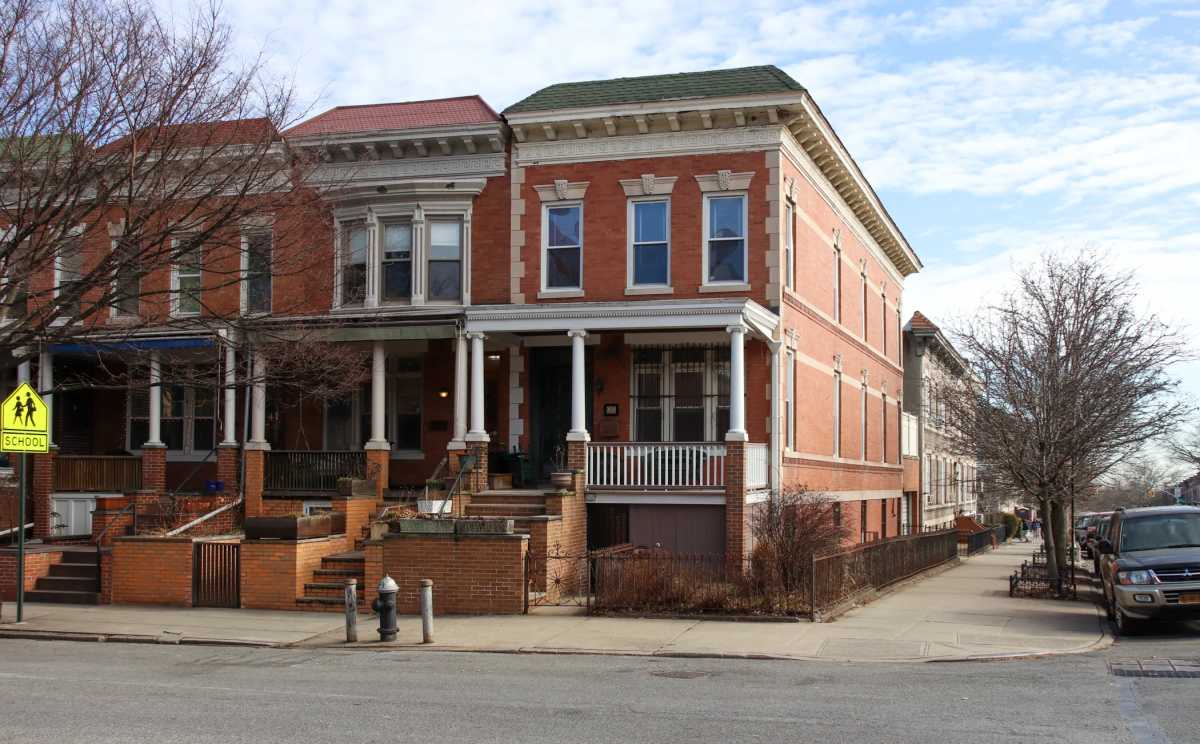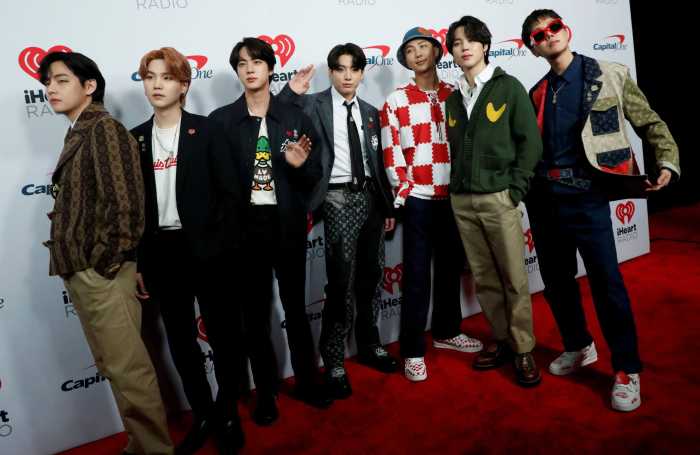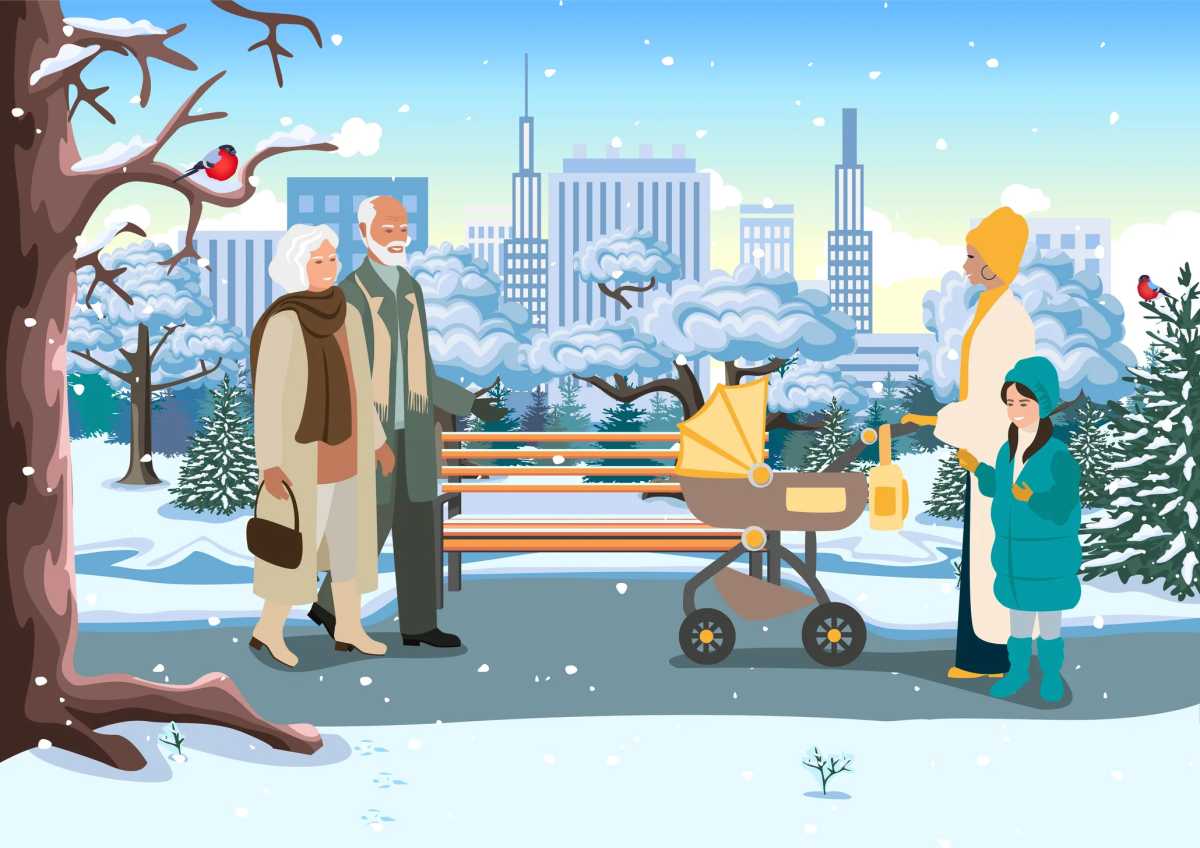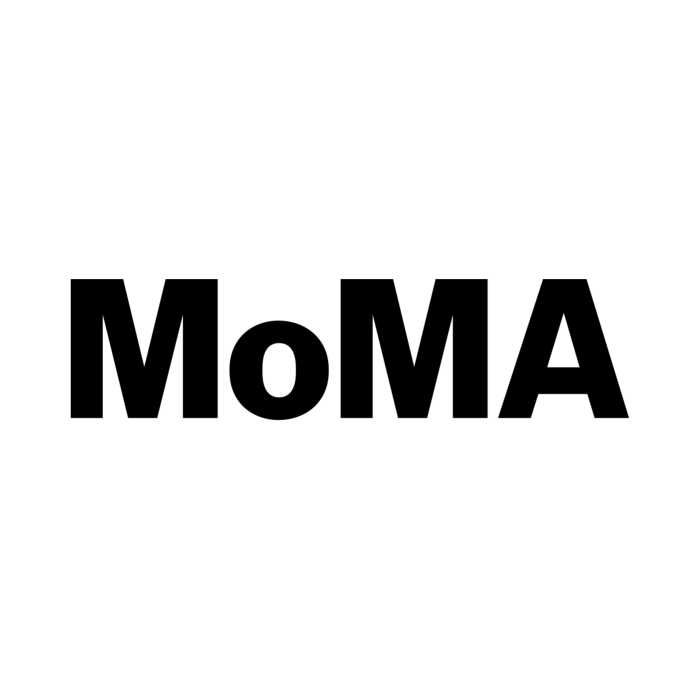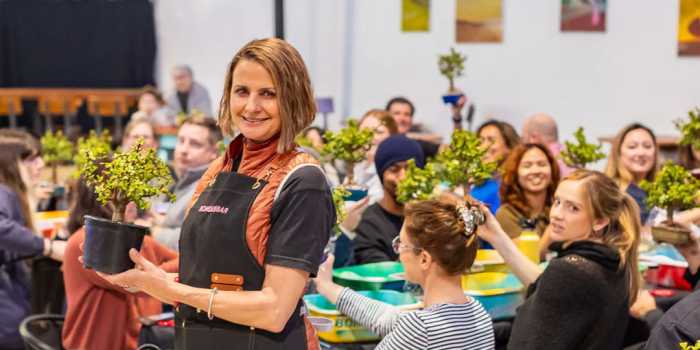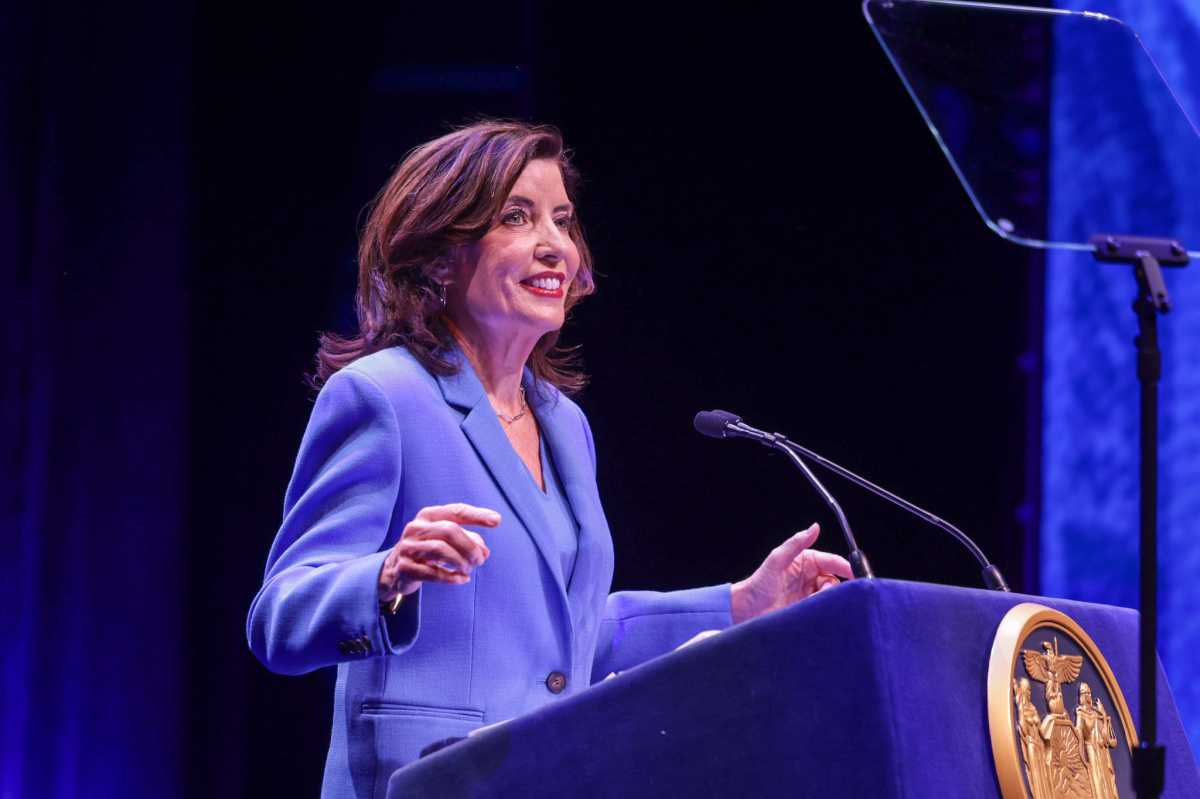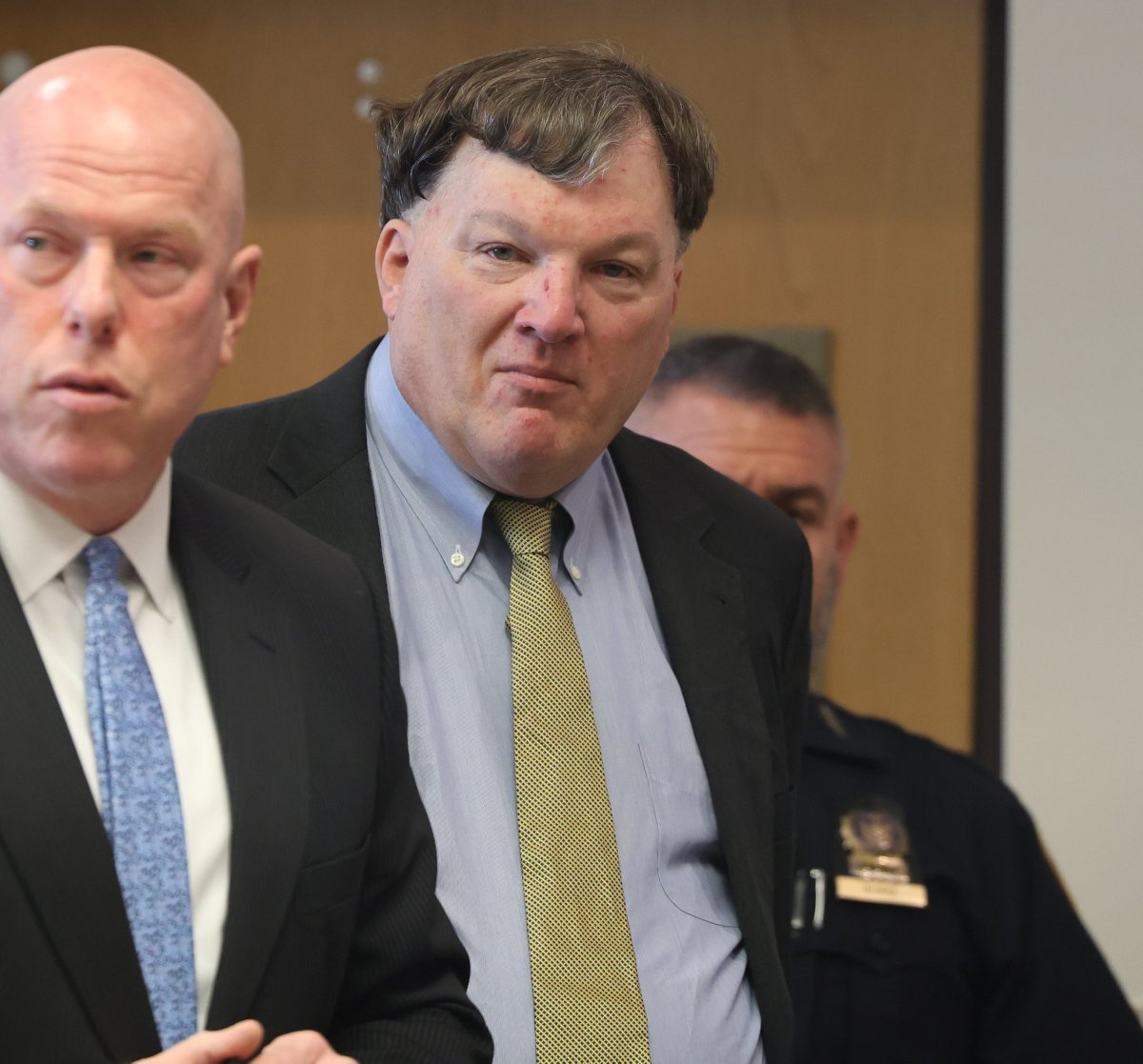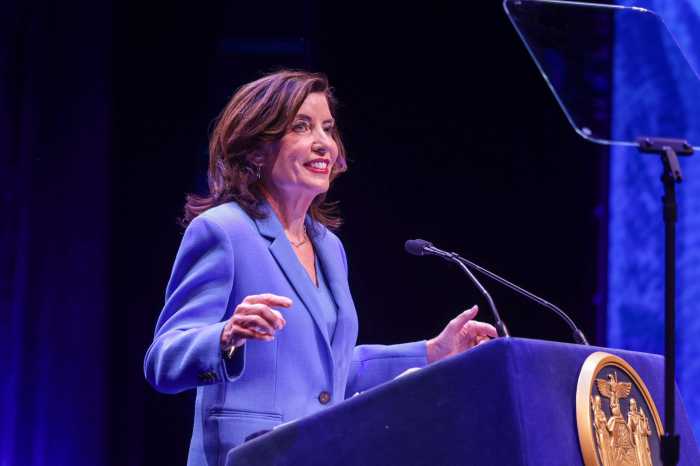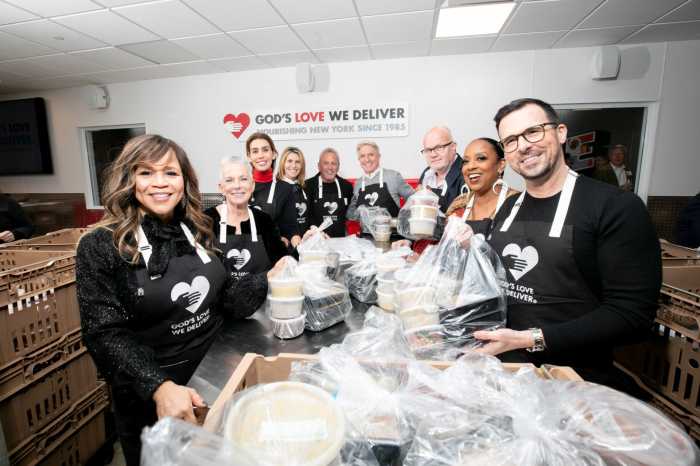“All About Nina” is a bold, dark comedy that relies on a surprising emotional underbelly from performers Mary Elizabeth Winstead and actor-rapper-lyricist Common to tell this unexpected but relevant story. In the film, Winstead plays stand-up comedian Nina Geld, a woman who kills it night after night on stage but continues to careen from one moment to the next in her personal life. Eventually, she meets Rafe (Common), the first man who has the potential to break through her barrier. For the first time, she has to deal with her own personal turmoil of being a survivor of sexual abuse.
Common, Winstead’s co-star, explains the unique dynamic this film has within the #MeToo movement: “It’s really aligned in the right time. When a movement is going on, it’s great to have art that supports that movement because those stories end up resonating with people who may not go to the movement for information. It takes away the judgment that we put on certain people. [You can] think of Nina as this wildflower, but we don’t know what she’s been through.”
All of this is serviced by Winstead’s stunning performance as Nina. The actress spoke with amNewYork about digging into the turmoil of a survivor and the male-dominated world of stand-up comedy.
Being a stand-up comedian can be one of the most vulnerable professions to choose. And Nina is battling with the whole idea of what it means to be vulnerable. How did you go about exploring that?
One of the things that [writer-director] Eva [Vives] talked about was how that was one of the only places she felt she had control. She’s controlling the audience like a puppeteer. She’s not really in control of herself at this point of her life, so I can really relate to that. I know that feeling of being on set. I know how to try to be a good actor. When I knew that she was really good at stand-up I decided to go out there and own it as much as I can.
Stand-up comedy still feels like this male-dominated space and sometimes these women are met with sexual aggression from their colleagues. How was it to navigate that world?
I thought about how that comedy world is a magnified version of where I come from, which is the acting world. I’ve done a lot of films where I was the only woman. When you get that dynamic where it’s tons of guys and one girl, you feel totally unseen and unheard often. It’s like dudes telling jokes and you try to interject with what you think is funny and you’re totally overlooked. In the comedy world, you’re trying to keep with that world and that bravado with guys trying to one-up each other. You would have to mask your vulnerability and mask of confidence to be able to really elbow your way through.
The audience is on this journey with Nina, and it’s not until later in the film that it’s revealed she’s a survivor of sexual abuse. It’s a smart choice because in a way it takes away the stigma.
It’s definitely something that we hope to do. It’s a very honest film and I think it’s such an amazing thing for Eva to make this movie and to put this story out there. There are several people involved who are survivors. Jamie [Loftus, who was our comedian consultant, who is weird, cool, and funny, talks about it in her stand-up acts. This is something a lot of women deal with and if we don’t talk about it then it’s going to be hard for other survivors to know they’re not alone.
Do you think this story could’ve existed in the way it does now without #MeToo?
When Eva and I started making it, it was before this kicked off. Of course, the conversation has been building over a few years, but this has been in the making for a few years. It’s amazing timing that it’s coming out now and hopefully, it can be part of the movement that’s happening.
